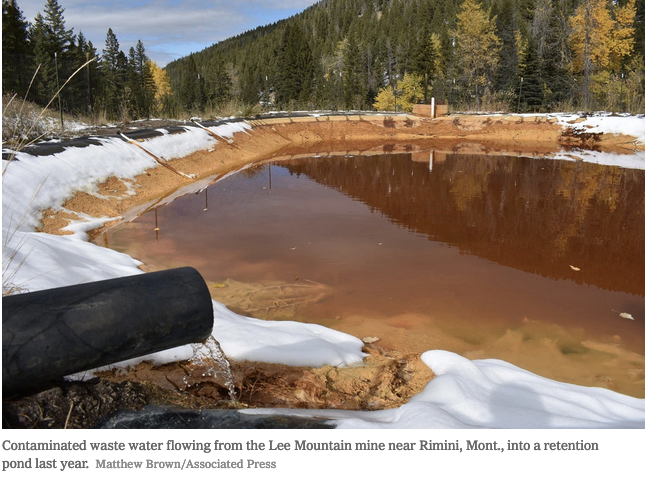WASHINGTON — The Trump administration is preparing to significantly limit the scientific and medical research that the government can use to determine public health regulations, overriding protests from scientists and physicians who say the new rule would undermine the scientific underpinnings of government policymaking.
A new draft of the Environmental Protection Agency proposal, titled Strengthening Transparency in Regulatory Science, would require that scientists disclose all of their raw data, including confidential medical records, before the agency could consider an academic study’s conclusions. E.P.A. officials called the plan a step toward transparency and said the disclosure of raw data would allow conclusions to be verified independently.
“We are committed to the highest quality science,” Andrew Wheeler, the E.P.A. administrator, told a congressional committee in September. “Good science is science that can be replicated and independently validated, science that can hold up to scrutiny. That is why we’re moving forward to ensure that the science supporting agency decisions is transparent and available for evaluation by the public and stakeholders.”
The measure would make it more difficult to enact new clean air and water rules because many studies detailing the links between pollution and disease rely on personal health information gathered under confidentiality agreements. And, unlike a version of the proposal that surfaced in early 2018, this one could apply retroactively to public health regulations already in place.




